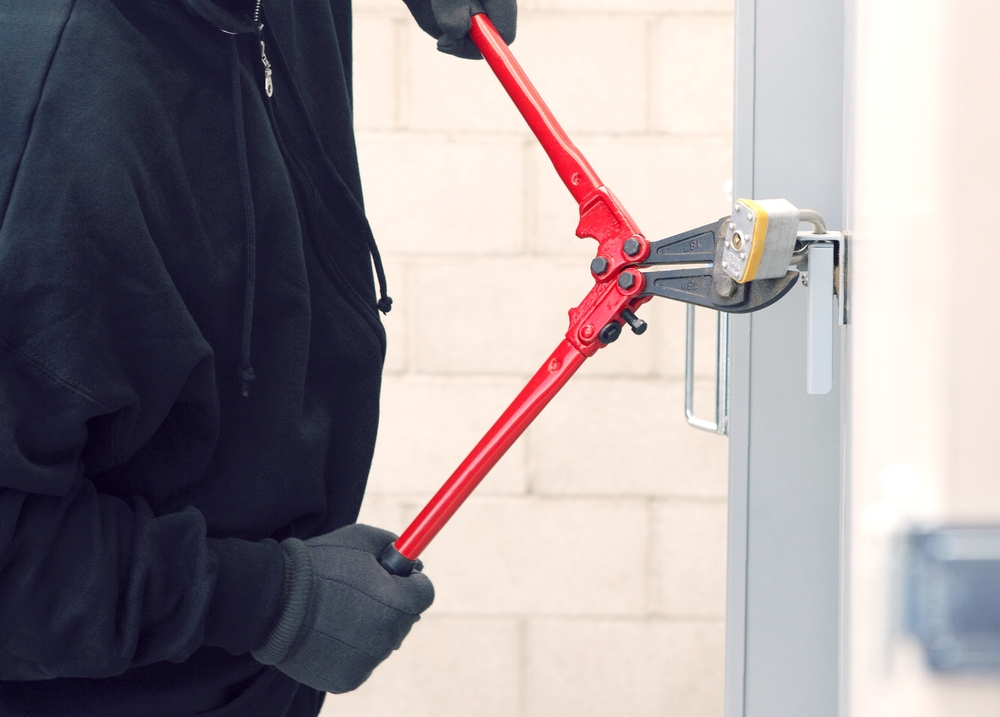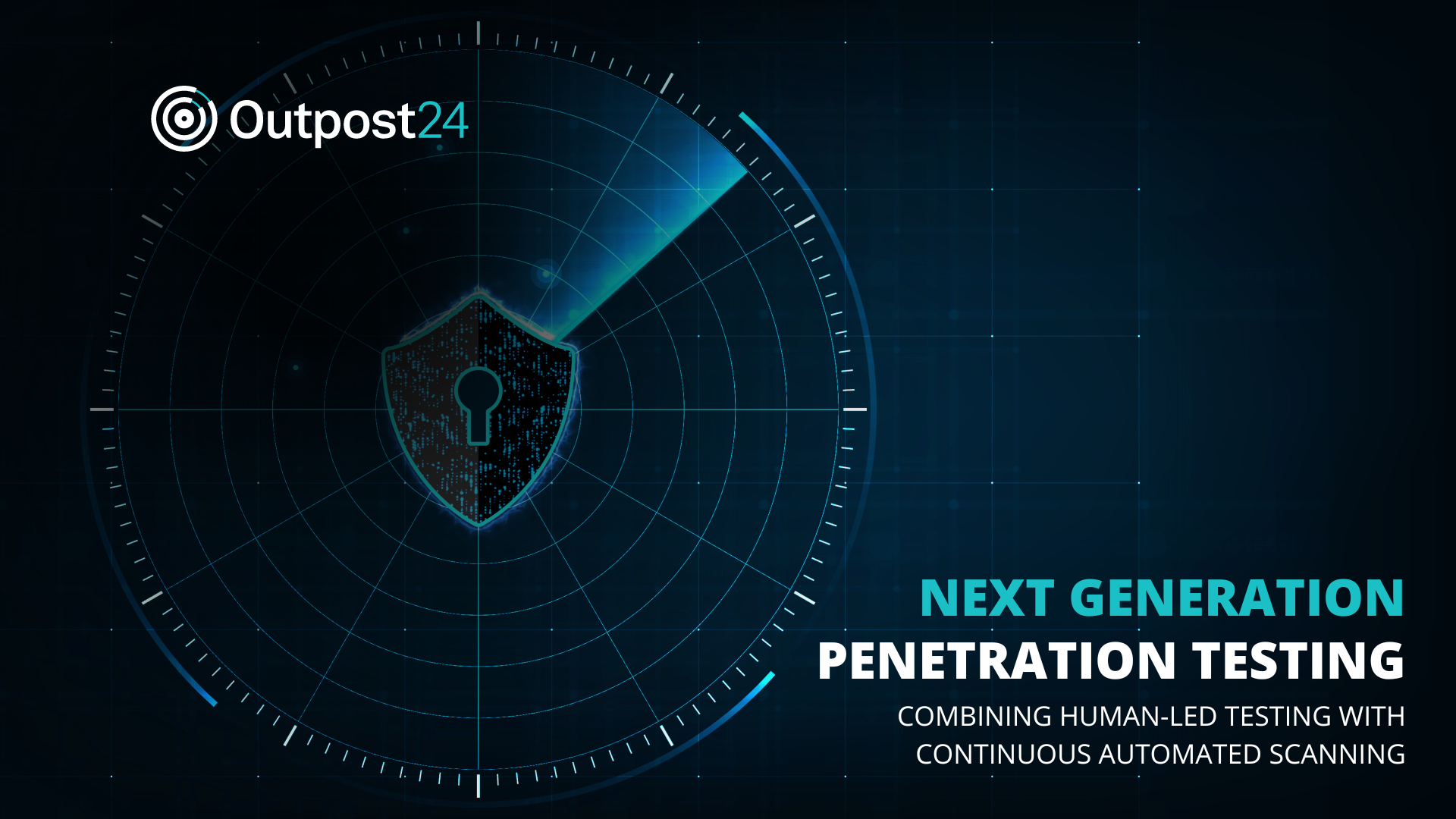Pen testers arrested after breaking into courthouse that hired them
Specialists claim they were testing ‘physical’ vulnerability points as part of a cyber assessment


Sign up today and you will receive a free copy of our Future Focus 2025 report - the leading guidance on AI, cybersecurity and other IT challenges as per 700+ senior executives
You are now subscribed
Your newsletter sign-up was successful
Two security specialists have been arrested after physically breaking into a US courthouse, something they claim was part of the cyber security penetration assessment they were hired to complete.
Dallas' State Court Administration (SCA) hired the two specialists through a third-party to conduct a penetration test of the electronic records held by the Dallas County Courthouse. However, authorities were alerted when the two men were found attempting to breaking into the site using an assortment of burglary tools.
The two men later claimed they were hired to test the courthouse alarm system, and how responsive the police were, according to the Des Moines Register.
The SCA, which governs courthouses in the state, confirmed they had hired the pen-testers from security firm Coalfire to "attempt unauthorised access to court records through various means" and ascertain vulnerabilities.
"SCA did not intent, or anticipate, those efforts to include forced entry into a building," the organisation added in a statement.
"SCA apologizes to the Dallas County Board of Supervisors and law enforcement and will fully cooperate with the Dallas County Sheriff's Office and the Dallas County Attorney as they pursue this investigation."
It's currently unclear what the agreement stipulated, however, the two specialists remain adamant that by physically breaking into the site they were operating under the boundaries of the contract.
Sign up today and you will receive a free copy of our Future Focus 2025 report - the leading guidance on AI, cybersecurity and other IT challenges as per 700+ senior executives
The testing of physical defences forms an integral part of many cyber security strategies, particularly in locations housing highly sensitive data, as there are often security vulnerabilities that can only be exploited by being in close proximity to target devices.
Nvidia, for example, last month disclosed five dangerous vulnerabilities in its GeForce, Quadro and Tesla graphics processing units (GPUs), with the most severe flaw allowing an attacker to install malware on a victim's machine.
These flaws, however, required hackers to be physically close to target devices, meaning an organisation hoping to protect themselves from attacks would need to invest in physical defences just as much as cyber defences.
"Coalfire is a global cybersecurity firm that has conducted over 10,000 security assessments since 2001," a spokesperson told IT Pro.
"We have performed hundreds of assessments for similar government agencies, and our employees work diligently to ensure our engagements are conducted with the utmost integrity and in alignment with the objectives of our client.
"However, we cannot comment on this situation or any specific client engagements due to the confidential nature of our work and various security and privacy laws. Additionally, we cannot comment on this specific case as it is an active legal matter."
The two pen-testers, Justin Wynn and Gary Demercurio, have been charged with third-degree burglary and possession of burglary tools. They are set to return to the Dallas County Courthouse for a preliminary hearing on 23 September.

Keumars Afifi-Sabet is a writer and editor that specialises in public sector, cyber security, and cloud computing. He first joined ITPro as a staff writer in April 2018 and eventually became its Features Editor. Although a regular contributor to other tech sites in the past, these days you will find Keumars on LiveScience, where he runs its Technology section.
-
 ITPro Best of Show NAB 2026 awards now open for entries
ITPro Best of Show NAB 2026 awards now open for entriesThe awards are a fantastic opportunity for companies to stand out at one of the industry's most attended shows
-
 Mistral CEO Arthur Mensch thinks 50% of SaaS solutions could be supplanted by AI
Mistral CEO Arthur Mensch thinks 50% of SaaS solutions could be supplanted by AINews Mensch’s comments come amidst rising concerns about the impact of AI on traditional software
-
 Pentesters are now a CISOs best friend as critical vulnerabilities skyrocket
Pentesters are now a CISOs best friend as critical vulnerabilities skyrocketNews Attack surfaces are expanding rapidly, but pentesters are here to save the day
-
 Blackpoint Cyber and NinjaOne partner to bolster MSP cybersecurity
Blackpoint Cyber and NinjaOne partner to bolster MSP cybersecurityNews The collaboration combines Blackpoint Cyber’s MDR expertise with NinjaOne’s automated endpoint management platform
-
 Cyber professionals call for a 'strategic pause' on AI adoption as teams left scrambling to secure tools
Cyber professionals call for a 'strategic pause' on AI adoption as teams left scrambling to secure toolsNews Security professionals are scrambling to secure generative AI tools
-
 Bugcrowd’s new MSP program looks to transform pen testing for small businesses
Bugcrowd’s new MSP program looks to transform pen testing for small businessesNews Cybersecurity provider Bugcrowd has launched a new service aimed at helping MSP’s drive pen testing capabilities - with a particular focus on small businesses.
-
 Building a new approach to security with the next generation of penetration testing
Building a new approach to security with the next generation of penetration testingSponsored Combining human-led testing with continuous automated scanning can elevate your security regime
-
 Busting nine myths about file-based threats
Busting nine myths about file-based threatsWhitepaper Distinguish the difference between fact and fiction when it comes to preventing file-based threats
-
 The Total Economic Impact™ of the Intel vPro® Platform as an endpoint standard
The Total Economic Impact™ of the Intel vPro® Platform as an endpoint standardWhitepaper Cost savings and business benefits enabled by the Intel vPro® Platform as an endpotnt standard
-
 The Total Economic Impact™ of IBM Security MaaS360 with Watson
The Total Economic Impact™ of IBM Security MaaS360 with WatsonWhitepaper Cost savings and business benefits enabled by MaaS360